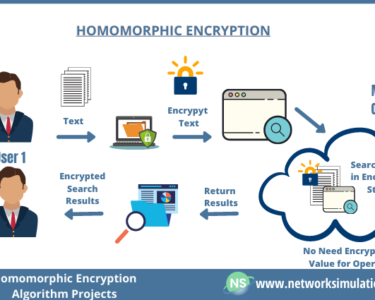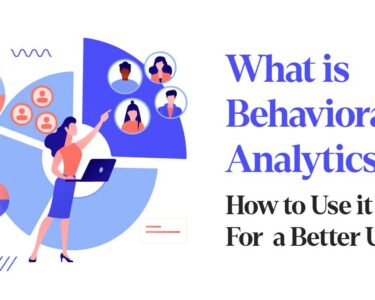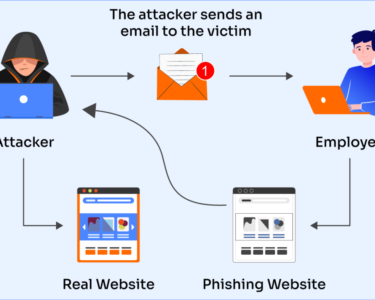
Decoding Digital Jargon: Unraveling the Complex Vocabulary of the Tech World
In the rapidly evolving landscape of technology, a plethora of unfamiliar terms and acronyms can overwhelm even the most tech-savvy individuals. From blockchain to cloud computing, understanding digital jargon is crucial for navigating the intricacies of the tech world. This comprehensive guide aims to decode the complexities of digital jargon, empowering you to confidently engage in tech-related conversations and unravel its hidden layers.
Blockchain: The Ledger of Trust
Blockchain, a distributed ledger technology, is a secure and immutable digital ledger that records transactions across a network of computers. Each block, representing a group of transactions, is linked to the previous one, forming an unbreakable chain. This decentralized system ensures transparency, security, and prevents unauthorized alterations, making it ideal for applications such as cryptocurrency and supply chain management.
Cloud Computing: Accessing Computing Power on Demand
Cloud computing refers to the delivery of computing services over the internet. Instead of owning and maintaining physical servers, businesses and individuals can access computing resources, such as storage, networking, and software, on a pay-as-you-go basis. Cloud providers, like AWS (Amazon Web Services), offer scalable and cost-effective solutions for data storage, website hosting, and application development.
Artificial Intelligence (AI): Machines That Think
Artificial Intelligence (AI) encompasses technologies that enable machines to perform tasks that typically require human intelligence, such as learning, problem-solving, and decision-making. AI algorithms analyze large datasets, identify patterns, and make predictions or recommendations based on the data. It finds applications in various fields, including healthcare, finance, and self-driving cars.
Big Data: The Power of Data Analytics
Big data refers to massive, complex datasets that traditional data processing tools cannot handle efficiently. By utilizing advanced analytical techniques, organizations can extract valuable insights, identify trends, and make informed decisions from structured and unstructured data. Data mining, machine learning, and statistical analysis are essential tools in the realm of big data analytics.
IoT (Internet of Things): Connecting the Physical World
The Internet of Things (IoT) refers to the interconnectedness of physical devices, such as home appliances, wearable devices, and industrial sensors, with the internet. These devices collect and exchange data, allowing for remote monitoring, automation, and improved efficiency. IoT has significant applications in healthcare, manufacturing, and smart cities.
Digital Transformation: Embracing Technology for Innovation
Digital transformation encompasses the integration of digital technologies into all aspects of an organization. It involves adopting cloud computing, AI, big data analytics, and IoT to enhance business processes, improve customer experiences, and drive innovation. Digital transformation empowers businesses to adapt to the ever-changing technological landscape and gain a competitive edge.
Security: Protecting Data and Systems
In the digital age, protecting data and systems from cyber threats is paramount. Cybersecurity measures include antivirus software, firewalls, encryption technologies, and security protocols. Understanding security best practices and staying vigilant against phishing emails and malicious software is essential for maintaining the integrity of digital systems.
Conclusion: Navigating the Digital Labyrinth
The world of technology is constantly evolving, introducing new terms and concepts. By understanding the meaning behind these digital jargon terms, you empower yourself to engage in informed discussions, embrace technological advancements, and participate in the shaping of our increasingly digital future. Remember, decoding digital jargon is not merely about learning new words but gaining a deeper understanding of the transformative power of technology in our personal and professional lives.



